[This piece is a continuation of a multi-part series. You can read Part 1 and Part 2 here.]
The support of the Brazilian militias and the Neo-Pentecostal churches may have guaranteed Brazilian President Jair Bolsonaro’s victories as a federal deputy in Rio de Janeiro (1991–2018), but they would not be enough to support him in a bid for the presidency. Even the support of the armed forces would be restricted to highly urbanized areas, only reaching as far as military families and retired personnel. So, to become president, Bolsonaro would need to extend his support base into the country.
In Brazil, 57% of the population lives in only 6% of the cities, many of those state capitals. But the political contribution of smaller cities near rural production areas is significant; 95% of municipalities have fewer than 50,000 inhabitants. These voters are crucial in electing representatives to state legislative chambers and both federal houses.
Before we return to Bolsonaro, let us take a look at the political development of Brazil’s countryside and small cities.
Brazil’s agriculture: powerful, unfair and built on historic slavery
Brazil has been an agricultural powerhouse for centuries. It has a unique potential of growing production, with the most arable land on the planet. It is the top exporter of 32 commodities, being the largest net exporter globally. Agricultural production is the main economic activity in the states of Mato Grosso, Paraná, Sao Paulo, Rio Grande do Sul and Minas Gerais. Goiás, Mato Grosso do Sul and Santa Catarina have increased their production in the last decades.
The population of these states alone reaches over 112 million. Five million rural properties occupy 41% of the national territory, with over 19 million agricultural workers. They are responsible for almost 25% of the country’s GDP. This powerful economic sector has always been crucial for Brazil’s political pathways.
Rural areas suffer from growing inequality. An estimated 52% of the population is impoverished, resulting from a multi-centennial project to amass lands in the hands of particular people groups. These issues are far from being solved.
Until 1850, land was not a commodity in Brazil. Settlers could toil and occupy the country, but property rights were given by monarchs — first Portuguese kings, then Brazilian emperors — to their children or godchildren, as a means of feeding the growing European mercantilist economy. Over 80% of the production went to Europe.
To this end, those with the right of use to the land would create latifúndios, enormous landed estates with primitive agriculture and labor, often in a state of partial servitude. These measured billions of square yards and were covered in monocultures. There were economic cycles based on Brazilwood, sugarcane, cotton, coffee and cattle. The workforce comprised peoples enslaved by the Portuguese. During the first economic cycle, the extractivism-based “Brazilwood cycle,” native Brazilians were captured and enslaved, sometimes traded by tribes allied to the Portuguese.
When the economy changed to a basis in agriculture, indigenous peoples lost their usefulness; they were not helpful to plantations, as they were unacquainted with cattle and plants brought from Asia and Africa. Over the next centuries, an estimated seven million people — corresponding to 70% of the whole Transatlantic slave trade — were kidnapped from Portuguese strongholds in Africa, with the support of the general society and Catholic church, and taken to Brazil to produce all the country’s wealth. As German educator Ina von Binzen remarked in the 1880s, “the white Brazilian just doesn’t work.”
How the 1850 Land Law changed Brazilian farmers and politics
The vastness of Brazilian territory was too enticing to not be turned into a commodity. In 1850, Emperor Pedro II, Brazil’s last emperor, signed Law 601, or the “Land Law,” which established territorial property rights to individuals and turned all uncolonized areas within the country’s borders into public land that could be purchased from the state. While land reform had been applied in several countries since antiquity, guaranteeing the permanence of early settlers, this issue was never discussed in imperial Brazil. In fact, the 1850 Land Law resulted in the displacement of poorer early settlers and virtually denied property rights to recently freed African descendants.
After the abolition of slavery in 1888, 700,000 freed slaves were left to their own devices, unable to own property and having to beg to stay on their former owners’ land. These practices persisted until the 20th century in a phenomenon known as “Coronelism.” This was especially the case in Northeast Brazil, which was still one of the main global exporters of cane sugar.
Under the Coronelist system, landed oligarchs were the shadow figures behind the State — they controlled politics and the economy, and they assassinated rivals. Most “Coronels” had, in fact, been part of military forces during the genocidal Paraguayan War (1864–1870), the Republic putsch of 1889 or one of the many military coup attempts until the successful installation of the New Republic in 1930.
The 1889 deposition of Pedro II by Marshall Deodoro da Fonseca came about largely because of the abolition of slavery in 1888 and the lack of compensation to landed oligarchs. This was due to the intrinsic connection between the military and latifúndios.
With slavery abolished, the Brazilian government decided that, instead of educating or providing land to the Afro-Brazilian population, they should “whiten” Brazil by bringing over three million European and Asian immigrants. Many of those immigrants, however, ended up manning established monocultures owned by “coffee and rubber barons.” They did not have resources to buy land and thus ended up living in conditions analogous to slavery. Over the next decades, the impoverished, landless European settlers became the campesinos (“peasant farmers”) fighting for land rights, especially in the south of Brazil.
The Land Law fueled land conflicts in Brazil. Land-grabbing became the norm, especially as frontiers were pushed inland. Landowners would falsify property titles by sticking brand new documents into boxes with crickets, which would give them the appearance of old titles. This practice is known as grilagem (from grilo, meaning “cricket”), and it continues to this day. In fact, businessman Altino Masson is currently the largest grileiro (person who illicitly owns land through false property titles) in the Amazon, with 11 extensive farms in public lands from nine states — this territory altogether is three times larger than the city of Sao Paulo.
The greed of land-grabbers led to conflicts that would be considered prolonged low-intensity conflicts by the United Nations, such as that at Engenho Prado, state of Pernambuco. With Bolsonaro in power and the retraction of policing operations in rural areas, land conflicts increased 1,000% and involved almost one million people. Approximately 71% of invaded territories officially belonged to indigenous peoples. Auxiliary military forces, such as the Military Police, are often involved in land-grabbing schemes. They are the ostensive force used by ruralistas (large landowners who now head the agribusiness in Brazil) to drive small family farmers off their desired areas.
On August 10, 2019, ruralistas supporting Bolsonaro’s anti-environmental policies caused the infamous Dia do Fogo (“Fire Day”), a coordinated arson effort that increased Amazon fires by 300% in just 24 hours. Despite prosecutors warning the federal government about the upcoming organized criminal effort, Bolsonaro accused nongovernmental organizations of creating the disaster to “bring the government’s attention.” A year later, affected areas were already occupied by cattle. The culprits are still on the loose.
When Brazilian President Luiz Inácio Lula da Silva began his third term in 2023, environmental protection programs restarted. Brazil’s environmental and climate ambitions took a progressive turn, with promising early results. Favorable, albeit smaller, results continued to Lula’s annual review, and he created programs to reduce deforestation caused by poverty. The problem of latifundiários and land-grabbers trying to replace forests with pastures continues for one simple reason: Land is concentrated in the hands of an agrarian elite with political power that is all but above the law.
The neofascist movement in Brazil, personified by Bolsonaro’s term in office, is supported by agribusiness, in the so-called “Agri-Bolsonarism” movement. Some authors blame a failure of the left for the rise of neofascism in Brazil. Others recognize that the land issue is historic and foundational to the territorial conflict that has plagued Brazil since European occupation. They remind us of the corporate forces behind agribusiness and highlight the intrinsic relationship between the agrarian elite and Bolsonaro.
Bolsonaro, politics and the demand for land reform
Bolsonaro is currently banned from running for political office. However, support for him began cropping up in wealthy cities in April 2024 and continues to this day, once again funded by the agrarian elite.
Brazil has been experiencing a spike in Amazon forest fires since last year, with dry conditions facilitating the spread. Agribusiness frontiers like the state of Roraima have been burning for a while, with fires threatening the Indigenous Territory of the Yanomami. But it wasn’t until the smoke choked Sao Paulo, Brazil’s richest city, that the similarities to the devastating Dia do Fogo became clear. With uncontrolled fires blazing in at least 37 Amazon municipalities and the smoke reaching neighboring countries, the government deployed nearly 1,500 firefighters to the region. Federal prosecutors and environmental agencies warn that the pattern of fires could only come from coordinated actions. Meanwhile, Tarcísio de Freitas, the governor of Sao Paulo state and an old ally of Bolsonaro, insists that there was no coordinated criminal effort; the fires were the result of individual “bandits.”
The far-right movement in Brazil is gathering force with the upcoming municipal elections in October 2024. Sao Paulo is, according to Lula, the stage of a “Lula-Bolsonaro proxy battle.” In the countryside, agribusiness-founded rural militias supporting Bolsonaro kill indigenous leaders and use violence against land reform settlers. This movement is called “Zero Invasion.” The alliance between military and paramilitary forces with large landowners in Brazil is an ancient one. The joining of armed forces and land oligarchs was also at the root of the 1964 coup d’état.
Since the 1950s, rural workers had been organizing themselves into political groups, demanding land reform and an end to rural violence. President Jânio Quadros resigned in 1961, citing “terrible occult forces.” His vice president, João Goulart, succeeded him and took progressive steps regarding national resources, including nationalizing oil production and discussing land distribution.
Not only was he violently ousted a mere two weeks later, but his efforts were in vain: The 1964 coup swiftly quashed the demands of rural workers and family farmers. The following two decades saw the murder of over 1,500 rural workers and 8,000 indigenous peoples, their lands stolen by the same wealthy families of centuries past; their descendents are now populating the Brazilian Congress and Senate. It was a coup against land rights.
In 1984, rural workers organized themselves into the Landless Workers’ Movement (MST), pressuring the new civilian government of José Sarney to address land reform. Despite suffering a still-ongoing smear campaign by the most powerful media of the country, the movement managed to converse with legislative representatives. Thus, the Land Reform Law was included in the 1988 Constitution. The new constitution also guaranteed for the first time in Brazilian history the right of indigenous peoples to their land and sovereignty.
Nowadays, MST has over 1.5 million members and is the largest organic rice producer in Latin America, spreading agro-ecological methods of cultivation. As 70% of Brazil’s food comes from family farms, training and legal advice offered by MST and other rural workers’ organizations are fundamental for the country’s food chain.
As a reaction to the Landless Workers’ Movement, wealthy landowners and land-grabbers founded the Democratic Rural Union (União Democrática Ruralista, or UDR). This group was so politically influential that it took credit for frustrating any governmental attempt to apply land reform. UDR participated in the assassination of several environmental activists, including the leader of the rubber tappers union and renowned environmentalist Chico Mendes. UDR leader Ronaldo Caiado became a congressman heading the ruralista caucus and was elected governor of the state of Goiás in 2018, during the far-right wave that swept the country.
In 1995, President Fernando Henrique Cardoso started initiating land reform projects. He gave property rights to around 580,000 families until 2001. The following president, Lula, settled a further 614,000 between 2003 and 2010. The next, Dilma Rousseff, gave property rights to 133,000 families from 2011 to 2015. After the soft coup to remove Dilma, her replacement, Michel Temer, drastically reduced land reform projects. The next president in line, Bolsonaro, would go on to paralyze these. Further, he provided only provisional land titles, gave property rights to wealthy grileiros, legalized the grilagem practice and stopped rural credit. This strangled small farmers.
The same scenario repeats with regard to indigenous lands, although land demarcation started earlier, in Sarney’s government. Up to Dilma’s term, all presidents demarcated territories for hundreds of ethnicities. This stopped under Bolsonaro’s regime, as he had promised during his presidential campaign to not give “an inch” of land to indigenous peoples or quilombolas (Afro-Brazilian people dwelling in settlements established by escaped slaves).
Bolsonaro just implemented what powerful landowners always fought for, as Brazilian politics were increasingly taken by representatives of latifundiários and those sympathetic to their cause. By 2012, the Federal Congress and Senate were filled with members of evangelical religions (the “Bible Caucus”), ruralistas (the “Beef Caucus”) and the militias (the “Bullet Caucus”). Known as the “BBB Caucuses,” they were a majority in the Congress when Dilma was impeached and were responsible for the start of the dismantling of constitutional rights that peaked under Bolsonaro.
Brazil still has a long way to go before it can stop those interests from interfering with the application of constitutional rights, especially regarding the environment and the rights of workers and indigenous peoples. The BBB Caucuses are still fighting for the interests of rural elites, with the help of morality agendas and organized crime.
Foreign exploitation and interference
Brazil started as a cash cow for the European mercantilist economy from the 1500s, and the sentiment of the most powerful Brazilians — all of European descent — was always one of detachment from the country. In his seminal book, The Brazilian People: The Formation and Meaning of Brazil, anthropologist and sociologist Darcy Ribeiro explains how this alienation from their own country created a cruel, perverted, fascistic, racist and misogynistic elite that despises Brazil and its poor inhabitants. The Brazilian elite is deeply aporophobic, with a visceral hatred for the general population. In Ribeiro’s words, the elite sees the populace as nothing more than “coal to be burned” for its own growth.
This hatred resulted in a peculiar modus operandi for the Brazilian wealthy: They exploit workers, extract as much wealth as possible from Brazil and send their money and children abroad. Using some perverted logic, Brazilian elites also interfere as much as they can to keep Brazil poor and isolated; any effort by the people to end this situation faces ferocious resistance and threats of resource evasion. This was revealed by the Panama Papers, which listed millions of dollars owned by right-wing politicians.
In his book, A Elite do Atraso: Da Escravidão A Bolsonaro (which loosely translates to “The Backward Elite: From Slavery to Bolsonaro”), sociologist Jessé Souza says that a significant portion of Brazilian elite is proto-fascist. It uses its technical knowledge to serve international capitalist systems at the expense of the population’s poor majority. Simultaneously, it shamelessly uses racist, misogynistic and oppressive discourse. This is the part of society that has been in power in Brazil since 2016; its highest manifestation is in Bolsonaro.
Political analyst Tales Ab’Sáber goes further by affirming that Brazilian elites are so disgusted by the lower classes that they prefer to keep an authoritarian, aporophobic government while losing money than allow for an increase in equality. This sentiment is clear in declarations such as those by Bolsonaro’s Minister of Finance, Paulo Guedes — he affirmed in 2020 that the high prices of American dollars in relation to the Brazilian real were excellent because, during Lula’s terms, “[It was] everyone going to Disneyland, maids going to Disneyland, a hell of a party.” For the Brazilian elites, traveling abroad was and always will be a luxury exclusive to the higher classes.
The elites’ detachment from the country and hatred of its population made them prone to accept or even ask for international interference in Brazilian economics and politics. Being such a resource-rich country, Brazil attracts the interest of transnational corporations and nations that seek to exploit those resources and take the profits abroad, leaving behind environmental catastrophes. Such a mechanism became clearer during the Covid-19 pandemic, when wealth seeped out of developing nations to the developed world, deepening the crisis in the former and leading to record profits in the latter.
International interference in Brazil with the ultimate goal of controlling its resources was not restricted to colonial times, and this has not stopped after re-democratization, despite how it violates human rights. From taking control of vast expanses of land to draining the country’s water through grain exports, transnational corporations have been undermining Brazil’s industrialization, resilience and independence, while paying bribes to Brazilian companies and politicians. Bribery has long been rampant among Brazilian companies, with key examples being construction leader Odebrecht and meatpacking giant JBS. However, the judiciary did not have many obstacles to arrest and fine those responsible, and some of what was lost could be recovered. The problem is more insidious for Brazil when international companies, which cannot be prosecuted in the country, are involved.
The most unfair expression of this trend is the political interference by international actors to force regime changes in Brazil. It’s at its worst when democratically-elected governments do not allow cash flow to the developed world to continue, or the hegemony of a developed, industrialized country is threatened.
The 1964 coup d’état to oust Goulart is well-known to have been part of Operation Condor, with the excuse to eradicate communism in Latin America. However, scholars now believe that Goulart’s determination to industrialize the country, using nationalized oil royalties to cover costs and land reform to ensure food production for the workforce, may have been what actually triggered America’s will to depose the president. The CIA organized the 1953 deposition of Iranian Prime Minister Mohammad Mossadegh, after all, because he nationalized oil production there.
Similarly, America backed the 1961 assassination of Patrice Lumumba, the first democratically-elected Prime Minister of the Democratic Republic of Congo, because of the nation’s economic independence through resource nationalization. Indeed, the CIA began violently removing developing nations’ leaders when they began to foment true independence. This practice started in 1945 and only became less conspicuous after an American Senate investigation in 1970, though more sophisticated actions continued to be used to force regime change on all continents.
Brazil seemed to be juggling national and international interests well under Lula’s first two terms. That changed in 2005, when the Petrobras oil company confirmed significant natural gas and oil deposits in the pre-salt layer within Brazil’s territorial waters. Exploring these reserves no less than 2,000 m (over 6,500 ft) below the seafloor was expensive and complex, until Petrobras developed new technologies that cheapened the process and allowed profitable oil extraction in 2006. In 2009, Lula, with support from Congress, approved laws to give Petrobras priority for exploration. The laws also increased government shares of royalties coming from the fields, in case a private company won the bid to explore.
Although oil companies said they agreed with the move, oil giant Chevron promptly contacted José Serra, Dilma’s opponent in the 2014 presidential elections, to urge the opposition to change the rules in their favor. Serra promised to do so if he won, as shown in leaked cables from the US Embassy. Dilma won the election and, by 2014, Petrobras was able to reach an even larger pre-salt oil deposit at 6,000 m (over 19,600 ft). This increased its yield fourfold, to over 400,000 barrels per day.
The 2014 elections saw Dilma re-elected to a second term. It also saw the most conservative Congress and Senate since re-democratization, including the re-election of Bolsonaro with almost 500,000 votes — a “disquieting” record in that house. The massive success of right-wing and far-right candidates came after a series of protests in late 2012 and early 2013; these started as a student movement against high bus fare prices and were quickly co-opted by elite organizations such as patronal unions, bankers, religious media and agribusinessmen. A crucial element was the creation of antipetismo, a multimedia campaign sponsored by the economic elite and international interests, which dealt the final blow to progressive politicians in all levels of government.
Scholars now discuss if the rise of anti-politics and far-right parties was gestated in these movements, which culminated with Dilma’s impeachment, a loss of labor rights under Temer and Bolsonaro’s election in 2018. Documents leaked by Edward Snowden revealed that heavy American espionage was taking place during Dilma’s term in 2013, and that America considered Brazil to be at risk of “instability.” In fact, American oil companies were adamant to secure pre-salt oil deposits for themselves. Furthermore, Dilma’s term in office became unsustainable in February 2014, when she declared that royalties from those reserves would be invested in Brazilian education and health projects. With Temer at the wheel, the country was set to reclaim its role as a source of international wealth.
Interference from foreign interests did not stop there, however. Land-grabbing by foreign powers, using caveats of the law that prohibit the purchase of rural areas for investment by international agents, has affected land value and distribution. It has also influenced policy for centuries, to the detriment of smallholders and family farmers who feed the country. With the help of friendly lawmakers, international corporations continue their deforestation to produce exports. The financialization of Brazilian agribusiness has become profitable enough to secure foreign pension schemes. The incompatibility of the Brazilian agrarian elite, foreign financial interests and environmental protection is clear.
The historical formula that joins foreign interests, armed forces, religious leaders and land-grabbers has been established in Brazil for time enough to create a dangerous movement. They will use coordinated acts of violence to prevail. A strong movement for land reform and redistribution is necessary to create the conditions to sort out territorial disputes and wealth evasion, and to curb rural violence against family farmers and indigenous peoples. Protecting the Amazon could be more profitable to Brazil in the long run, but agrarian elites and their armies do not seem to share the idea.
As with other issues Brazil has faced over its history, the country will perhaps need the initiative of the international market to stop these practices, as happened with the abolition of slavery. The forces behind this rise of neofascism and the destruction it creates cannot be controlled by 1,500 firemen or 530 Brazilian lawmakers. It will need the cessation of international funding to its most notorious actors.
[Lee Thompson-Kolar edited this piece.]
The views expressed in this article are the author’s own and do not necessarily reflect Fair Observer’s editorial policy.














































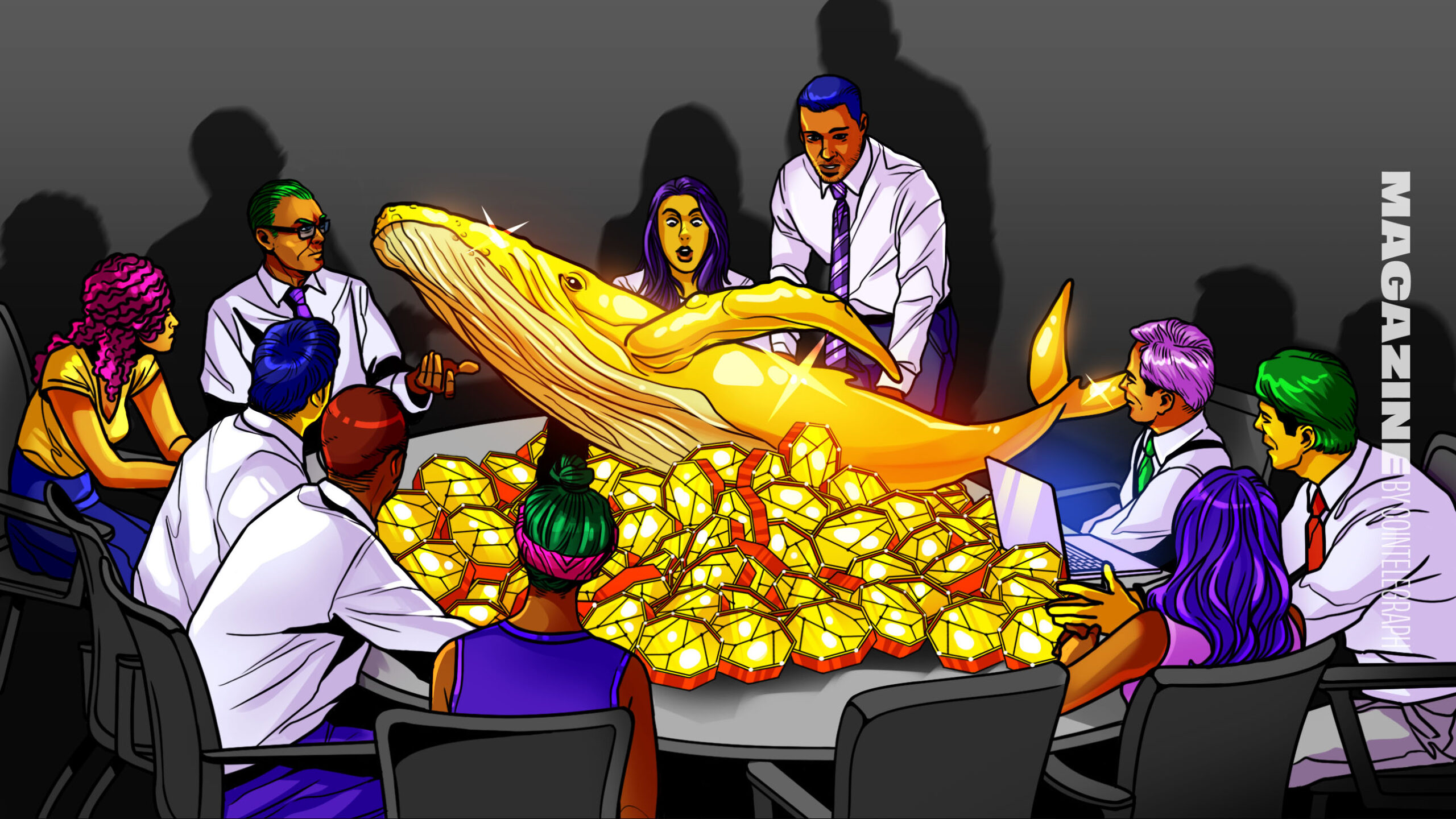






















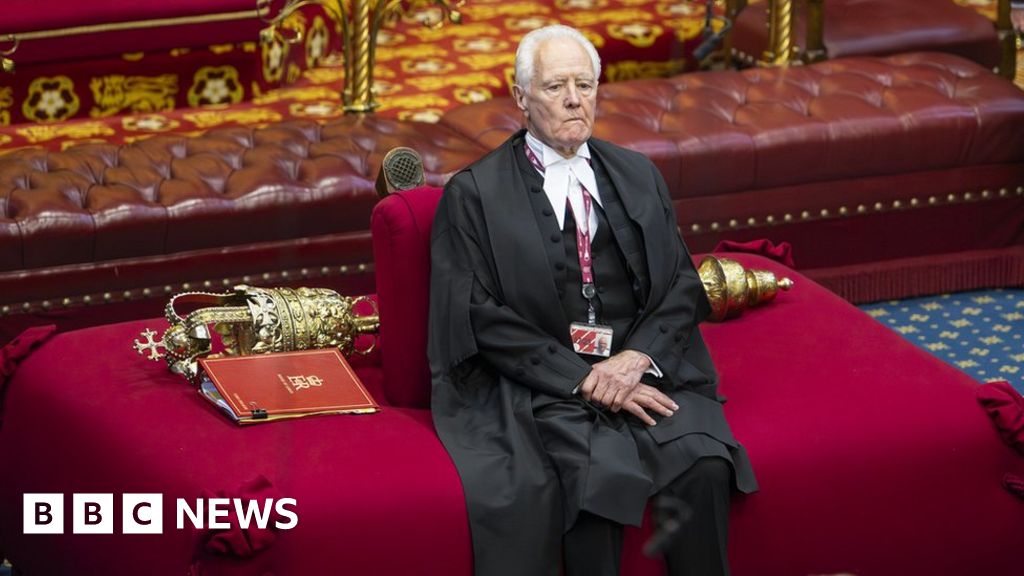
















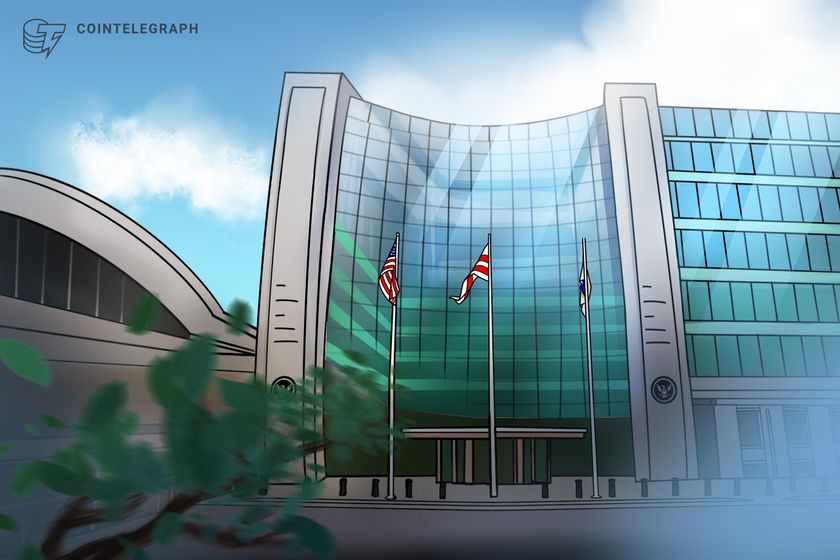






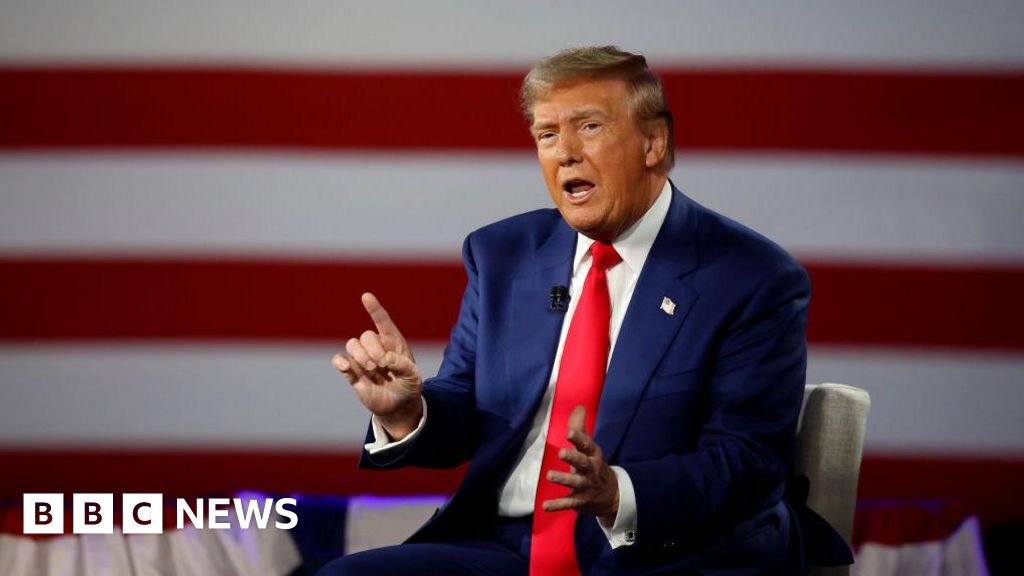













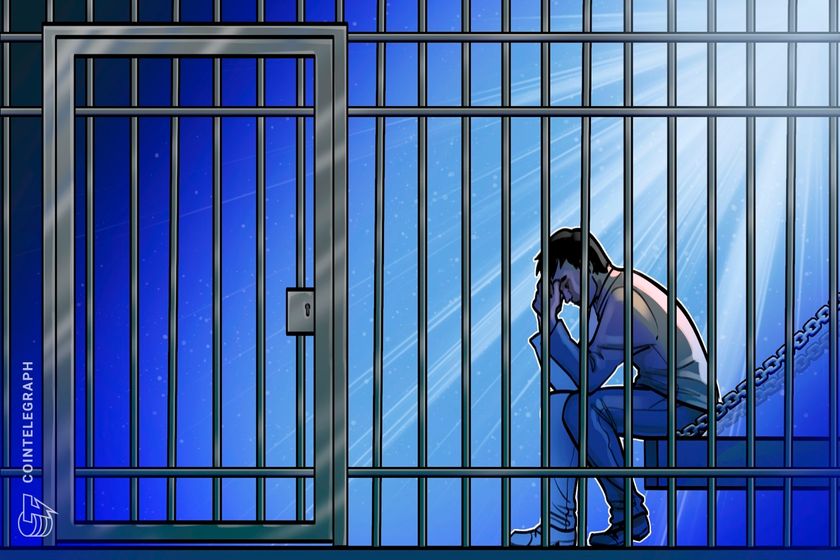


































You must be logged in to post a comment Login